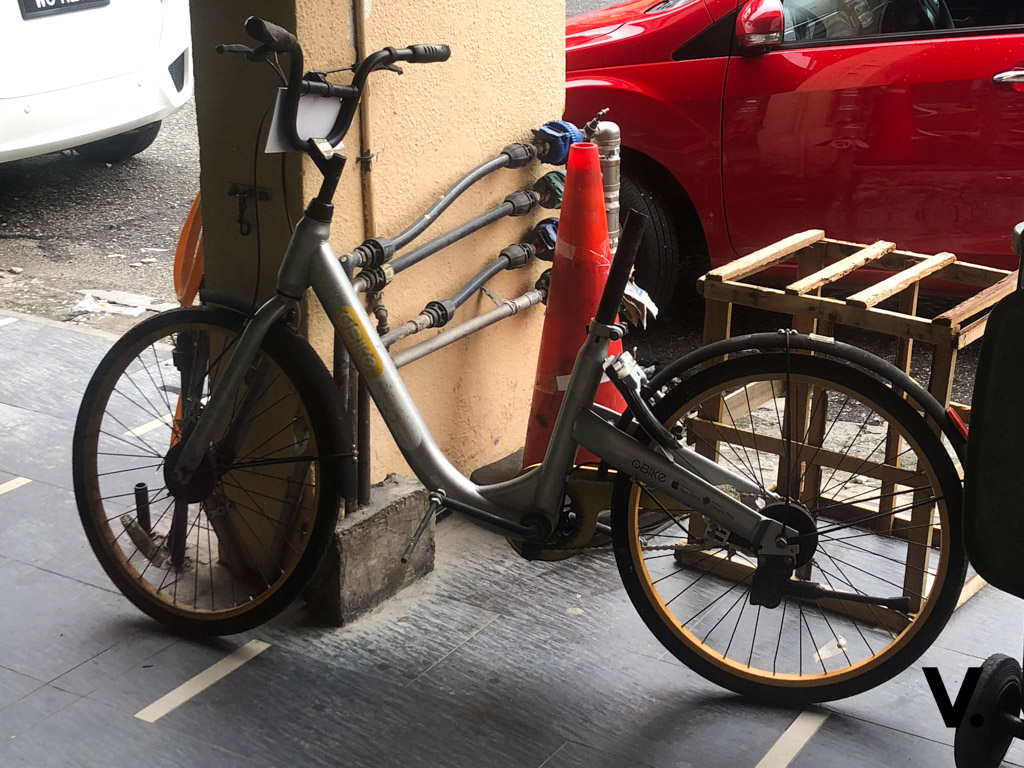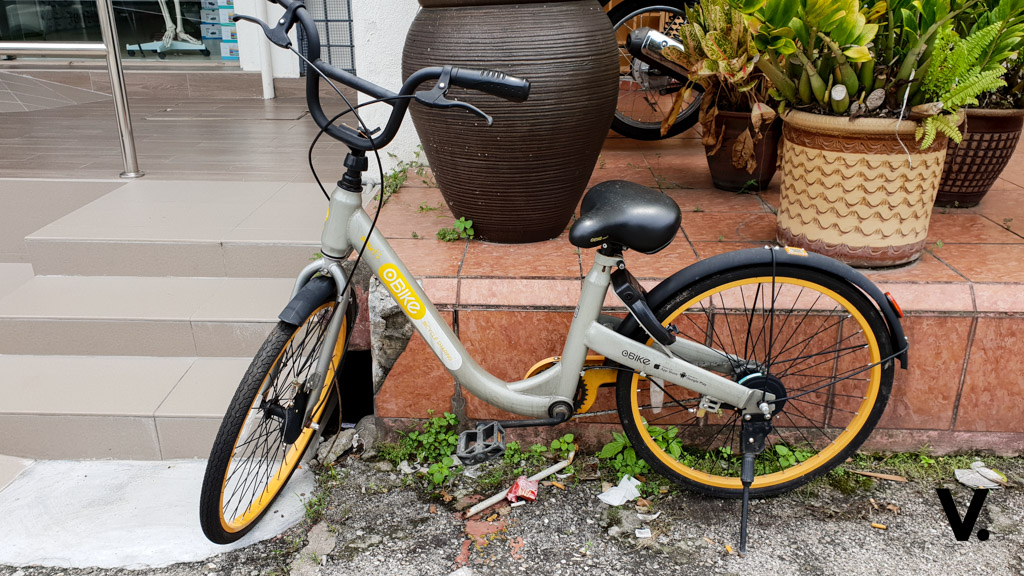Ride-sharing company oBike announced on Monday, 24 June, that it was shutting its operations in Singapore. It’s the second dock-less bike-sharing service to cease operations on the island, citing difficulty in complying with regulations.
In a statement, oBike said, “It is with deep sadness that we have to pull out of the Singapore market. We truly believe that bikesharing as a first and last mile transportation, has an important role to play in a car-lite society. However, due to the new regulations imposed by the authorities, this will not be a viable business model for oBike and we foresee that it will only cause the company to sustain further losses.”
The Business Times reported that oBike was shutting its operations in Singapore “as a result of difficulties forseen to be experienced to fulfill the new requirements and guidelines released by Land Transport Authority towards dock-less bicycle sharing in Singapore.”
Another player GBikes earlier announced it would stop its service in July.
The LTA requires bike-sharing services to be licensed from 7 July 2018 onwards. As part of the licensing regime, operators will face restrictions on fleet size, among other obligations that are mostly related to indiscriminate parking.
Dock-less bicycle services are convenient for users, however there is an issue of “bike dumping” which is a problem not exclusive to Singapore. Countries like China, Australia and even Malaysia have the same issue of indiscriminate parking.
With the exit of oBike and GBikes, the remaining players in the market are China-based Mobike and ofo, GrabCycle as well as GrabCycle’s partners Anywheel and PopScoot.
oBike, launched in Singapore in January 2017, has more than one million users in Singapore.
The service later rolled out in Malaysia in April 2017. In Malaysia, it hasn’t exactly been smooth sailing either. The bike-sharing company was fined MYR17,000 by the Petaling Jaya City Council (MBPJ) for being an obstruction in public places.
The council cited that the dock-less concept is too messy and oBike would have to amend its business model if it were to continue to operate. Additionally, the Selangor Transportation Committee claimed the company did not have a license to operate in Petaling Jaya.

Regulatory requirements aside, oBike also has a serious problem of vandalism towards its bicycles. There has been numerous reports of destructive acts towards oBikes including removal of seats, damaged smart locks and disposing bikes in drains.
The sad state of affairs can only be blamed on education, and people have much to learn about bike-sharing etiquette and the general lack of empathy for public property.
Perhaps we’re not ready for sharing services and until we grow out of our third-world mentality, bike-sharing initiatives may not work in our community.
It’s a sad reality, and one that bites.
Source: The Business Times








